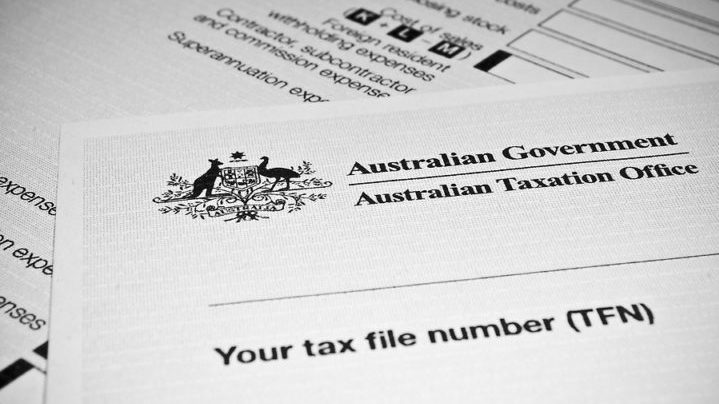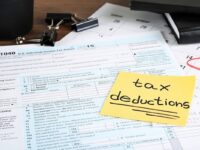A measure proposed by Treasurer Jim Chalmers has sparked controversy. It aims to end, by 1 July 2025, a tax exemption that allows businesses and workers who fail to pay their taxes on time to deduct late payment fees from their tax bill.
The general document that discusses the proposal described the removal of tax deductibility of the laGIC (general interest charge) and SIC (shortfall interest charge) imposed by the Australian Taxation Office as a fairness measure.
“Removing these deductions will enhance incentives for all entities to correctly self-assess their tax liabilities and pay on time, and level the playing field for individuals and businesses who already do so,” it stated.
The proposal is also seen as a revenue-generating measure – lifting the late tax payment fee exemption is expected to generate around $500 million every year for the government.
The measure is being opposed by different sectors, particularly the small-business sector.
Luke Achterstraat, CEO of The Council of Small Business Organisations Australia (COSBOA), said removing the deductibility of the late payment fees was a “punitive and radical departure from current practice” that would impact small business the most.
“The overwhelming majority of small businesses are doing the right thing and seek to pay their tax on time and pay it correctly,” Achterstraat said. “Targeted measures to deal with high-debt accounts would be more appropriate and equitable to encourage voluntary compliance across the tax system. Introducing a blanket policy of higher costs is indiscriminate, punitive and undermines the cashflow of small businesses grappling with tough operating conditions.”
Achterstraat noted that many small businesses were frustrated in their tax dealings.
“The Government should prioritise better service delivery and engagement with small business users before treating them with contempt,” he added.
CPA Australia has also voiced its opposition to the proposal, saying that the non-deductability would effectively raise the penalty rate by 25 per cent and up to 47 per cent for sole traders, depending on the marginal tax rate.
“By making these interest costs on tax debts non-deductible, the proposal risks the ballooning of tax liabilities of small businesses to unsustainable levels, potentially threatening their viability,” CPA Australia stated.
CPA Australia also decried the “moving of goalposts” with this measure, which COSBOA seconded.
“The ATO’s past sentiments to delay tax payments during the pandemic may not have been taken on by small business owners if they knew the GIC would later become non-deductible,” Achterstraat said. “Is this really about repaying outstanding tax debt, or just a penalty on taxpayers struggling to do the right thing and meet their obligations? The ATO risks biting the hand that feeds it if this policy is blindly pursued.”
Meanwhile, Liberal-National Coalition and the Senate crossbench called out the alleged underhanded tactics by the government to pass the controversial measure including it among unrelated but popular measures that the Coalition or the crossbench support.
“At a time of record business insolvencies, where Australia’s 2.5 million small businesses in particular are really struggling, the government needs to provide support rather than pile on the pressure,” said Independent Senator David Pocock. “This is another example of government rolling together unrelated measures in a game of wedge politics.”















